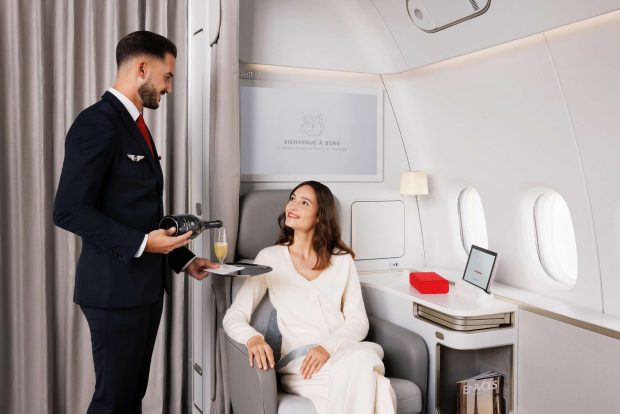It is especially a treat to travel abroad for business. This is also a sign that your boss has deep confidence in you. Even if you’re generally good at interacting and building trust with customers, it’s a whole other story when it comes to foreign clients. This is due to differences in customs, attitudes, and cultures. While some approaches will depend on the specific country, others apply universally. We’ll focus on the latter and show how you can form a solid rapport even if dealing with cultural and language barriers with quality travel and tourism translation services.
Be Mindful of Time Zones
In the days before your travel, you may have some phone or Skype time with the client. To form a solid first impression, don’t arrange for a meeting when it’s supposed to be bedtime in the client’s time zone. If that means having a conference call at 3am in your time, then so be it. See this global roaming charges site for details about using your mobile device overseas or making overseas phone calls.
In the subject of time zones, be sure you quickly adjust to the time difference once you arrive. You don’t want to show up to a conference or business dinner visibly fatigued or groggy.
Prepare Documents in the Foreign Language
Have two copies of every document: one in English and the other in the client’s language. Tourism document translation is essential. This way, you’re both looking at the same document and have the same understanding. If presenting material via laptop or tablet, also have an online copy in both languages as well. Open both versions so you can easily alternate back and forth. If you have business cards on you, have at least one on hand in the foreign language for your client.
When preparing foreign language documents, remember that translation is about more than just words. One of the things to consider when it comes to document translation services is how closely matched – or otherwise – your own culture is to that of the target audience. Documents tend to be packed with cultural assumptions, which means that they often need to be localized, as well as translated when being prepared for foreign audiences.
This ensures that the foreign language document is adjusted subtly to more closely align with the new readership. The core messaging stays the same, but items such as date formats, units of measurement and idioms are converted into those more in line with the foreign audience’s expectations.
Learn the Language
If the foreign client only speaks broken English, then you need to meet the client halfway through learning the client’s language. No, you don’t have to invest in a Rosetta Stone course, or anything like that. However, you should at least attempt to learn basic phrases and commands. This goes beyond the simple “hi” and “how are you doing.” We recommend picking up some business lingo or industry-specific terms that may come in handy when trying to get the client to sign that contract.
Speaking of foreign languages, if you’re bilingual, you should definitely volunteer for business trips where your second language can be put to use.
In addition, by having some grasp of the language, you can interact to some extent with the client’s family members if they’re brought along during a business dinner. This will form a good impression for sure.
Get Friendly with the Interpreter
If there’s an interpreter, this person is the all-important middle-man. Don’t be afraid to ask the interpreter questions to be certain you and the client are on the same page. Forming a rapport with the interpreter is just as important as forming a rapport with the client. This is especially so if the interpreter is among the client’s party. You can also ask the person more personal questions about the client, which would certainly work to your advantage.
Get Friendly with Client Family Members
The client may bring their family along for business or conference dinners. Don’t just shake their hands and leave it at that. Interact and make small talk with them. This is all the more reason to familiarize yourself a bit with the language. You can also speak with them through the interpreter. However you go about it, just interact with them. When the client’s spouse is impressed, so will the client. If the client brings children, consider small gift items for them purchased back at home. Foreign toys and snacks from your country will especially be appreciated.
Speak with your boss before the trip to see if the company will pay for the accommodation of client family members. If they don’t, ask them to consider it since it can be vital for building solid relations.
Even with the cultural difference and language barrier, you can still get your point and intentions across. As with clients back home, be professional, be courteous, and employ all the best practices of rapport building.
Dan McCarthy is an Event Manager at Venueseeker, an event management company based in the UK. Dan has 6 years of event project management under his belt. He has worked on many successful events, and currently, he shares his knowledge by writing on the company blog. Follow him on Twitter @DanCarthy2.







